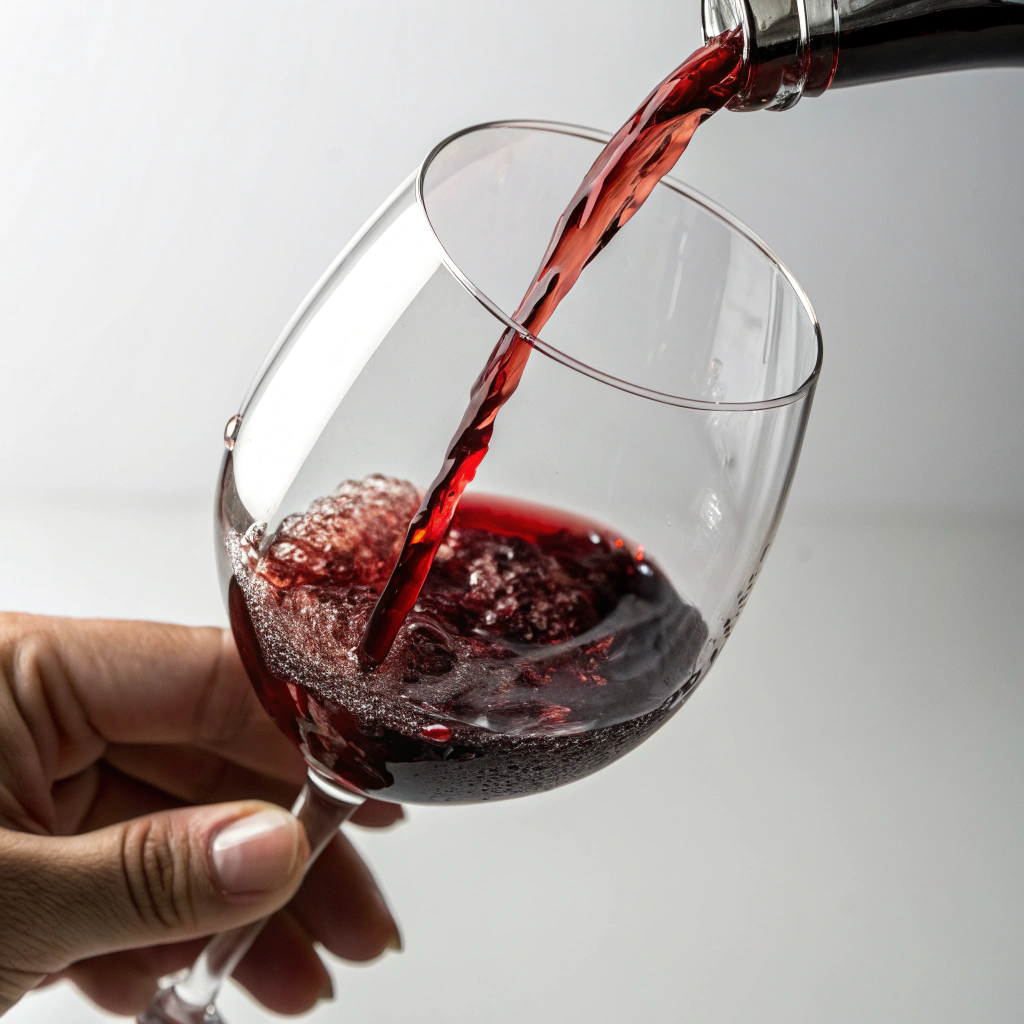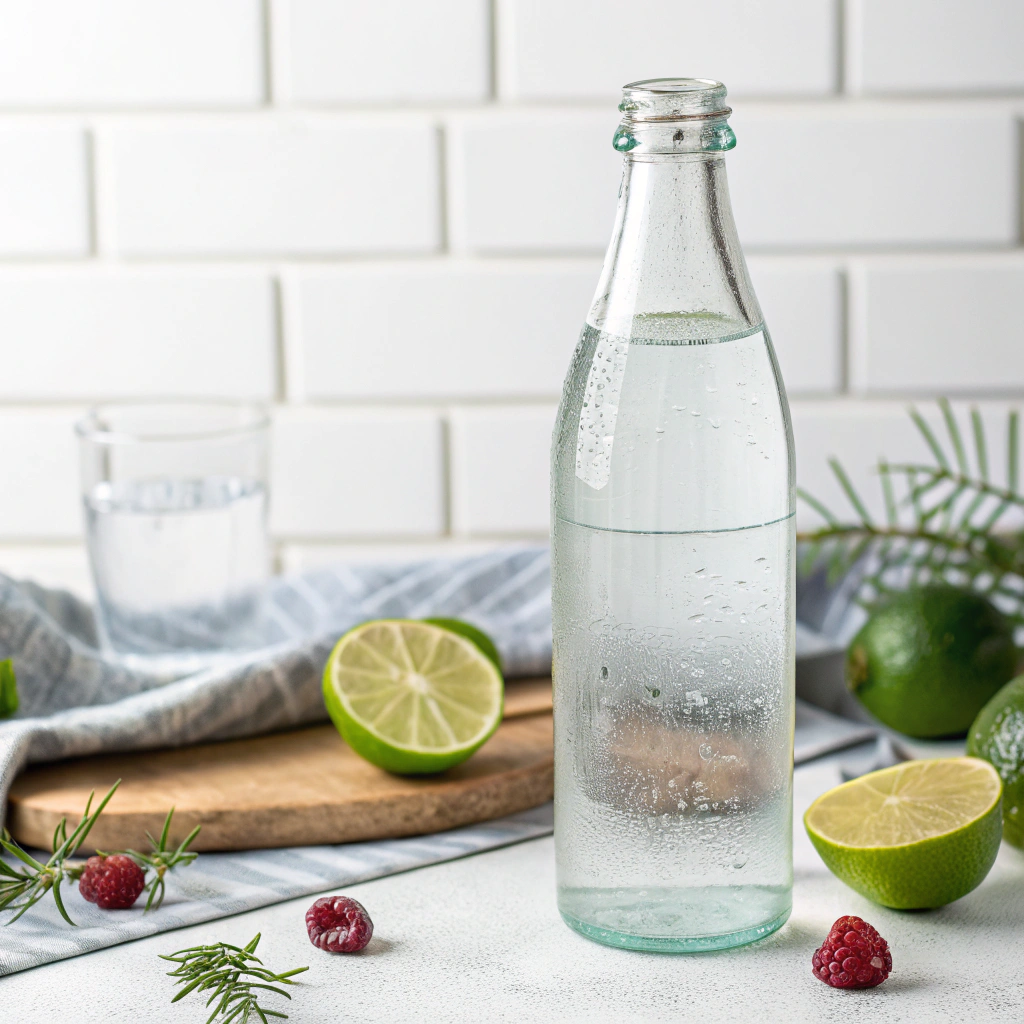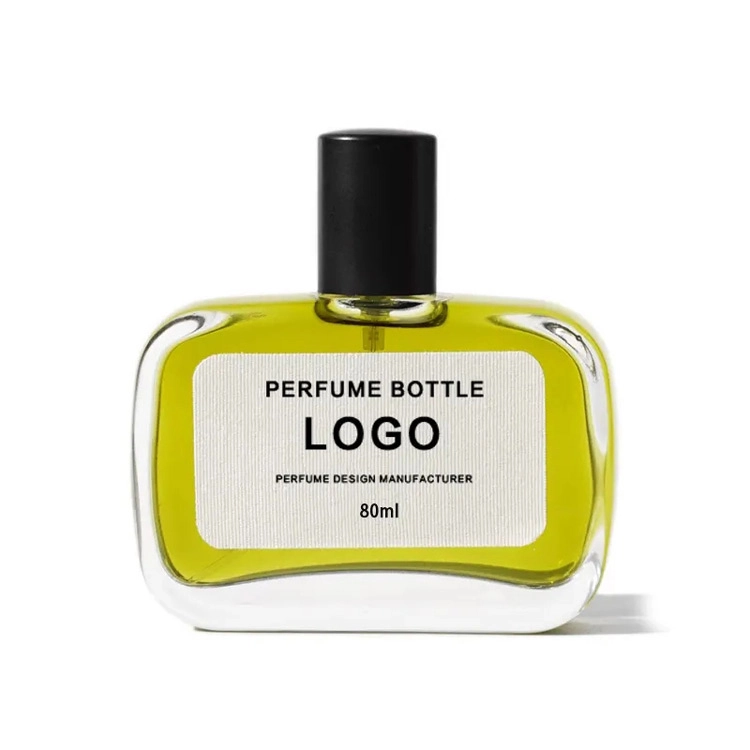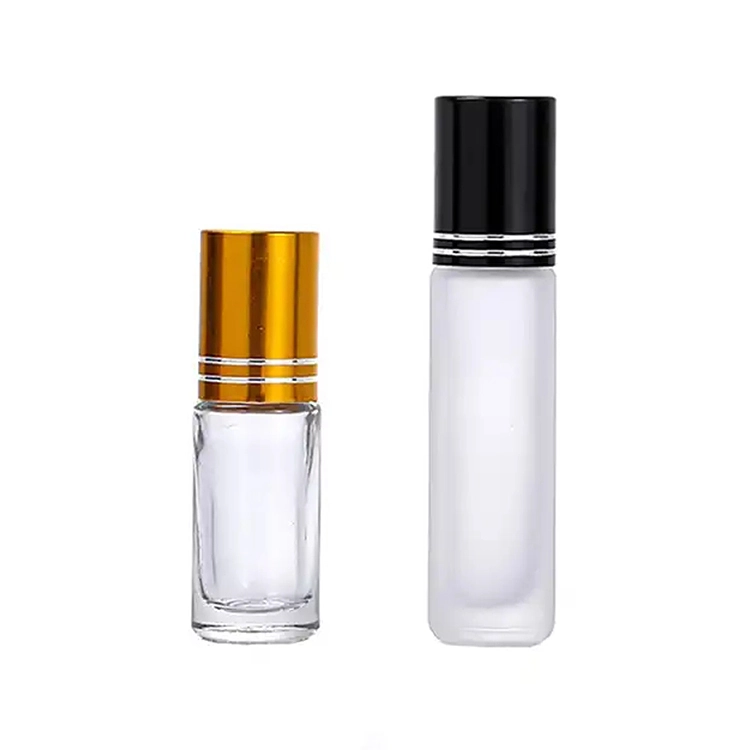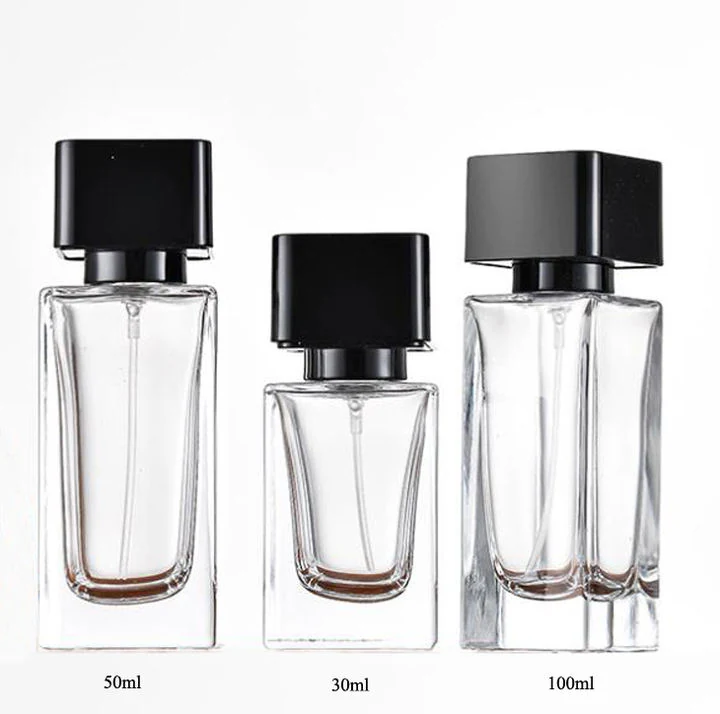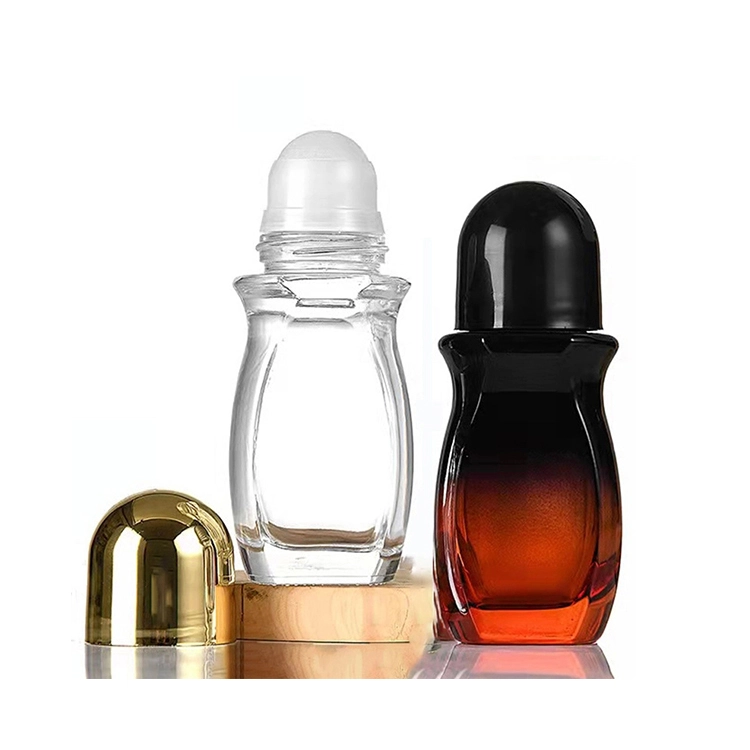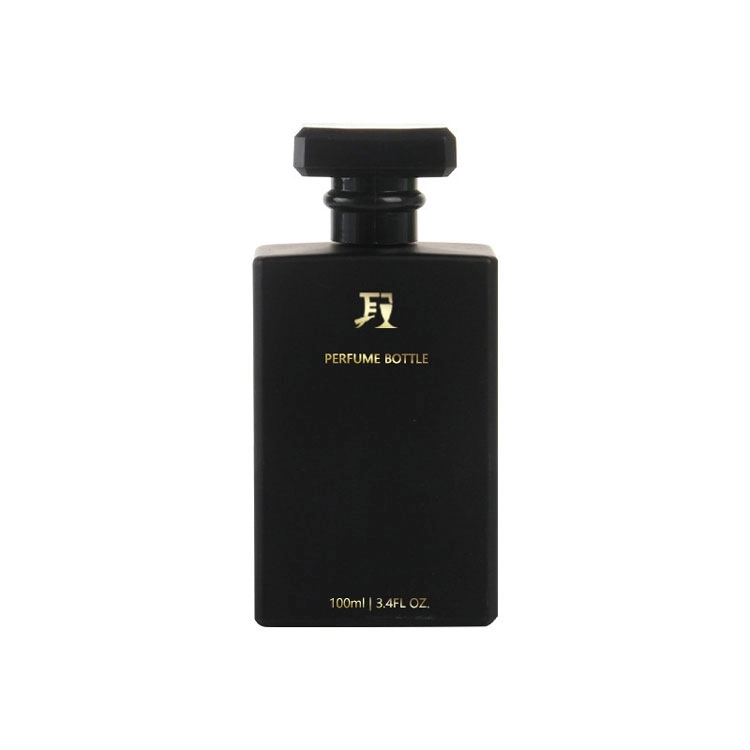
Part 1: Market Size and Growth
Papua New Guinea (PNG) does not have large-scale glass manufacturing plants, and most glass bottles are imported from Australia and Asia. The beverage sector, especially beer and soft drinks, is the main driver of demand. Local producers rely heavily on imports, but recycling and bottle reuse programs play an important role in reducing costs.
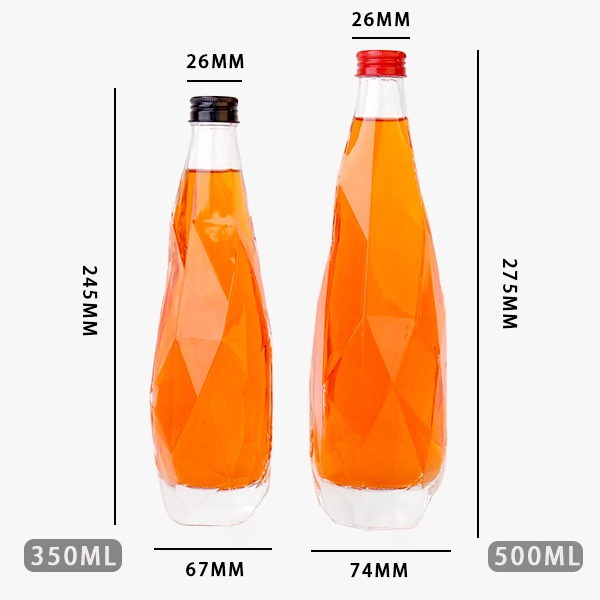
Beer companies, spirit producers, and food packaging firms are the largest users of glass bottles. Growing consumer preference for premium and eco-friendly packaging adds to the demand. Tourism also boosts demand, as hotels and resorts prefer glass bottles for premium beverages.
PNG’s market growth depends on regional trade and sustainability policies. The government encourages recycling programs, and breweries lead initiatives to reuse bottles. This ensures steady supply despite the absence of domestic factories.
Part 2: Leading Companies
South Pacific Brewery (SPB) Packaging Division
South Pacific Brewery, a subsidiary of Heineken, is PNG’s largest beer producer. Founded in 1952, it manages its own bottle reuse and recycling system.
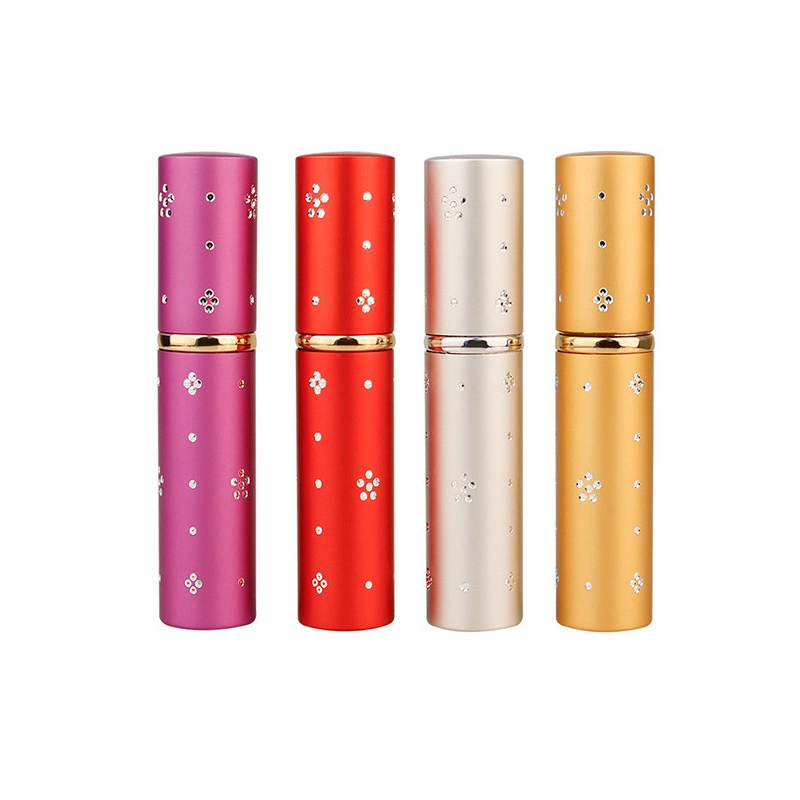
The company uses millions of glass bottles annually for brands like SP Lager and Export Lager. It collects, washes, and reuses bottles multiple times, reducing import dependency. Industries served include brewing, hospitality, and tourism. SPB holds international brewing and sustainability certifications.
Paradise Foods Packaging Partners
Paradise Foods, one of PNG’s largest food and beverage companies, works with imported glass bottles for sauces, juices, and condiments.
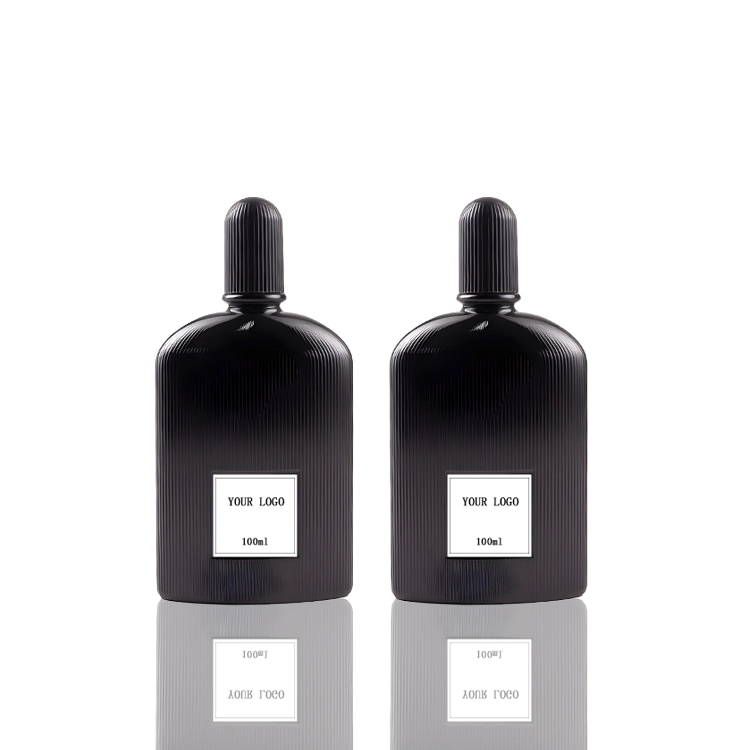
It sources bottles from Australia and Asia, customizing them for local branding. Industries include food processing, beverages, and retail packaging. Its innovations focus on durable packaging and maintaining product freshness. Certifications are aligned with international food safety standards.
Port Moresby Import Distributors
Several distributors in Port Moresby import glass bottles for smaller businesses in cosmetics, boutique beverages, and food.
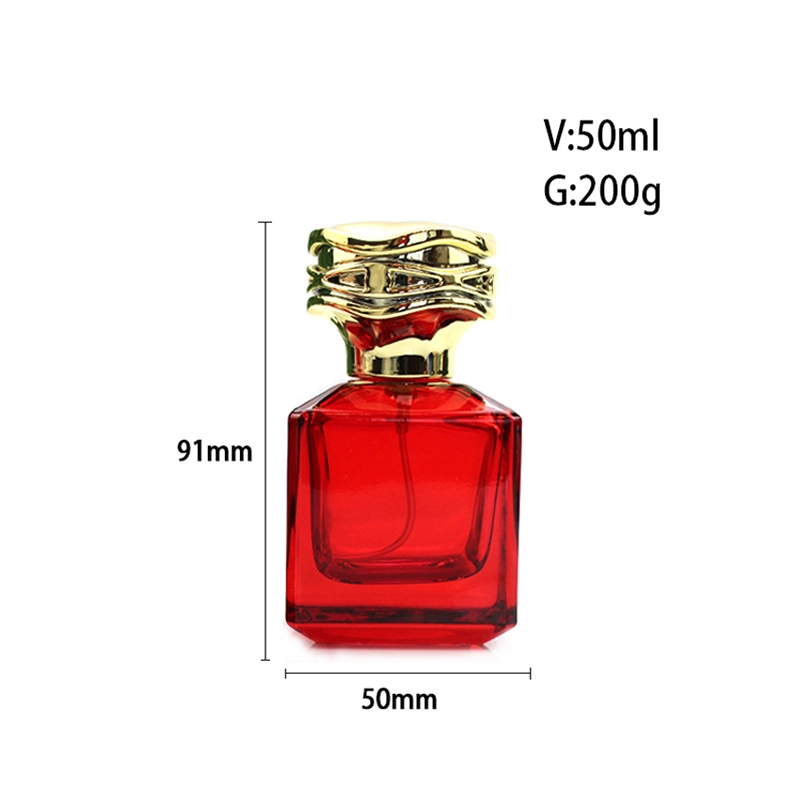
They provide flexible batch sizes and support for artisanal producers. Industries served include craft beer, spirits, and gourmet foods. Their strength lies in logistics and access to diverse bottle designs. Certifications depend on international suppliers’ compliance.
| Company | Founded | Core Products | Industries | Certifications |
|---|---|---|---|---|
| South Pacific Brewery (SPB) | 1952 | Beer bottles | Brewing, hospitality | Heineken global standards |
| Paradise Foods Packaging Partners | 1970s | Sauce & juice bottles | Food, beverages | Food safety compliance |
| Port Moresby Import Distributors | 2000s | Imported bottles | Cosmetics, boutique food & drinks | Supplier certifications |
Part 3: Trade Shows and Industry Events
PNG Food & Beverage Expo
The PNG Food & Beverage Expo is an annual event in Port Moresby that showcases local products, packaging, and suppliers.
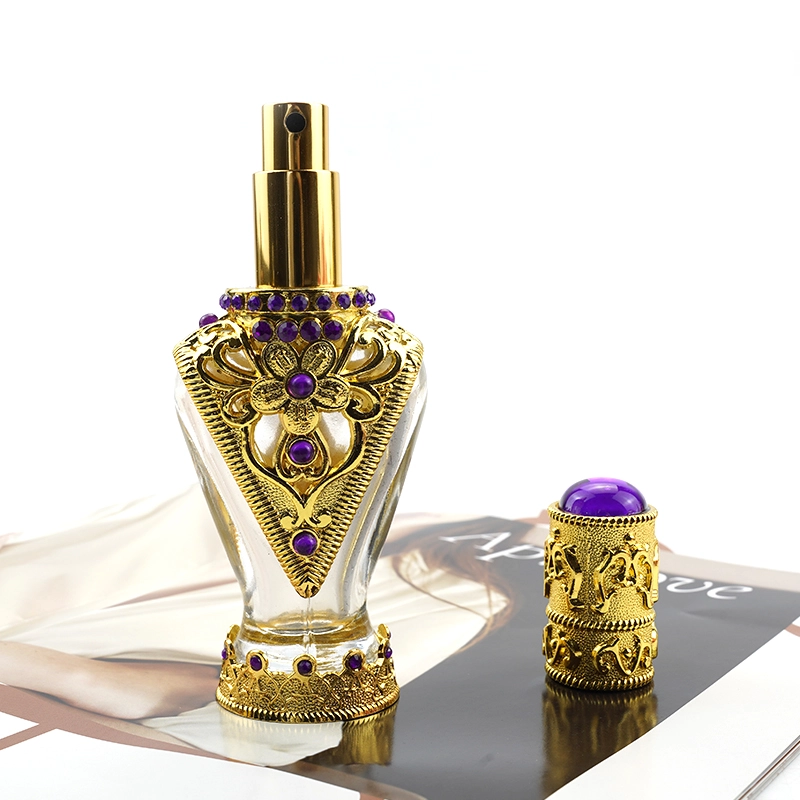
Glass bottle distributors and beverage companies often participate, highlighting sustainability and branding. Highlights include packaging design, B2B networking, and eco-friendly solutions.
Pacific Trade & Investment Forum
This regional forum brings together Pacific businesses, including PNG companies, to discuss trade and packaging solutions.
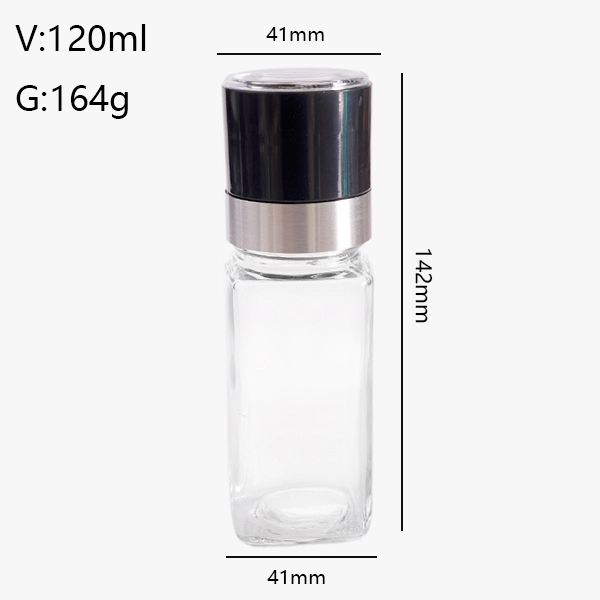
It provides opportunities for PNG’s beverage producers and distributors to connect with global suppliers. Highlights include discussions on sustainable packaging and supply chain integration.
| Event | Date | Location | Highlights |
|---|---|---|---|
| PNG Food & Beverage Expo | Annual | Port Moresby | Beverage packaging, sustainability |
| Pacific Trade & Investment Forum | Annual | Rotating Pacific hubs | Packaging, logistics, eco-design |
Part 4: Impact of Global Trade Policies
PNG’s glass bottle supply depends on imports, so global trade policies and shipping costs are critical. Strong trade links with Australia, China, and Southeast Asia ensure steady supply, but any disruptions can cause shortages.
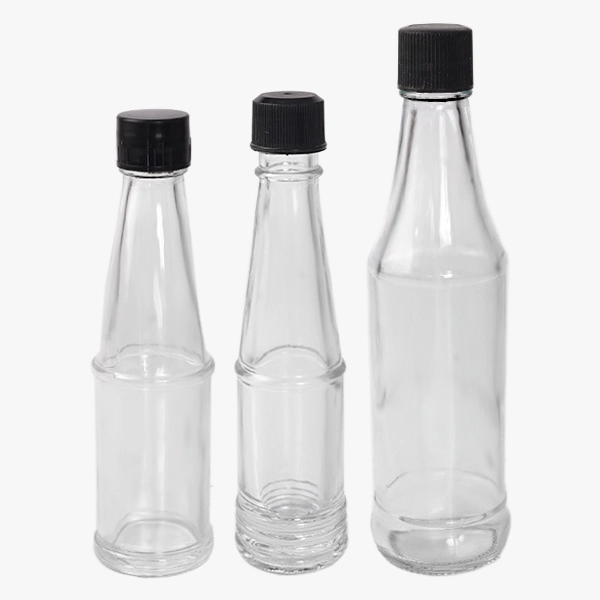
Global sustainability policies also shape demand. Breweries and food producers in PNG are encouraged to adopt glass packaging over plastics. At the same time, recycling programs reduce dependence on imports.
Rising shipping costs remain a challenge, but regional trade agreements in the Pacific help improve logistics and cost efficiency.
Part 5: Conclusion
Papua New Guinea does not have large glass manufacturing plants, but local breweries, food companies, and distributors ensure steady access to bottles. South Pacific Brewery leads the way with recycling and reuse programs, reducing reliance on imports.
Challenges include shipping costs, import dependency, and limited local capacity. Yet opportunities exist in sustainability, regional trade, and premium branding. With its growing beverage sector and recycling focus, PNG’s glass bottle industry has steady potential for growth.
Recommended Reading:
- Glass Bottle Manufacturers in Peru
- Glass Bottle Manufacturers in Nicaragua
- Glass Bottle Manufacturers in Namibia
- Glass Bottle Manufacturers in Panama
- Glass Bottle Manufacturers in North Korea
- Glass Bottle Manufacturers in Panama
- Glass Bottle Manufacturers in North Korea
- Glass Bottle Manufacturers in Nicaragua
Glass spray bottles 500ml Manufacturers
200ml 290ml Clear Glass Juice Bottle With Plastic lid
64 oz Clear Amber Glass Growler Wholesale
Small Rollerball Perfume Bottles With Aluminum Caps 3ml 6ml 12ml

